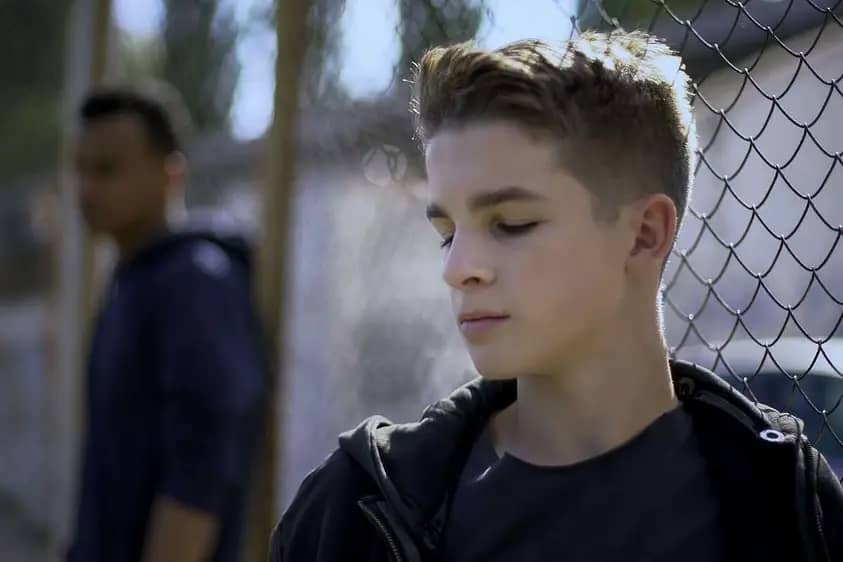Trauma refers to any scary experience that profoundly affects a person’s emotions. Thus, early childhood trauma is a distressing event that happens between the ages of 0-6. Presently, the child trauma rate in the United States is rising to shocking levels. In fact, the National Survey of Children’s Health found that over 34 million kids have experienced trauma. Further, 16% of them develop a condition called PTSD.
To explain, this disorder causes extreme anxiety and night terrors long after the trauma happens. Unfortunately, children are prone because they haven’t yet developed coping skills. If left untreated, then childhood trauma can lead to big problems in adolescence. Often, traumatized kids will become fearful, closed off, and rebellious. Finding help for your loved one is essential in allowing them to work past this trauma. Family therapy is crucial to rebuilding relationships among family members.
At Foothills at Red Oak Recovery, we recognize the role trauma can play in developing a substance use disorder or a process disorder. Fortunately, however, there is help available. At our adolescent treatment center, we’re proud to provide trauma-informed treatment to each of our clients. To learn more about our trauma treatment options, please contact Foothills at Red Oak Recovery at 866.300.5275.
Types of Early Childhood Trauma
Of course, any incident that makes children feel threatened would be considered trauma. Moreover, we refer to multiple or ongoing bad events as complex trauma. By and large, most traumas involve some kind of violence. For example, early childhood trauma may include:
- Abuse from parents or caregivers
- Experiencing sexual abuse or rape
- Experiencing or witnessing fights or beatings at home
- Watching a loved one die from a terminal illness is highly traumatic
- Living in war zones
- School shootings
- Car accidents
- Terrorist attacks
- Hurricanes
- Famines
Additionally, bullying by other preschool or kindergarten peers is early childhood trauma. If your teen has experienced one or more of these situations, they may require trauma treatment. It should be noted, however, that an event that is traumatizing for one person may not have the same effect on another.
Symptoms of Childhood Trauma
First, frightening events cause a fight or flight response. In particular, the heart beats fast, and adrenaline is rapidly released. Other physical reactions like shaking and vomiting are immediate. Second, the effects of early childhood trauma will result in long-term stress. For instance, children may cry uncontrollably often. Recurring nightmares might keep children from sleeping. Identically, bad memories can make children stop wanting to eat. Sometimes, kids stop talking or playing with once-loved toys.
On the other hand, youngsters might obsessively speak about what happened to them. Feeling helpless could cause clinginess and separation anxiety. Not to mention, children who’ve experienced trauma can have trouble connecting with other kids. Surely, acting out the violence they witnessed will lead to social problems too.
Seek Support at Foothills at Red Oak Recovery
Are you worried your child has experienced trauma? Then, turn to Foothills at Red Oak Recovery for clinical intervention. We’re a leading Ellenboro center offering accredited teen therapy services for residents of NC and surrounding areas. Altogether, our trained staff customize holistic treatments to children’s unique developmental needs. In particular, our care for adolescent boys helps them cope with childhood trauma and move forward. Plus, the family program teaches guardians to support kids during this healing journey. Besides trauma treatment, our services include:
Don’t blame yourself for your son’s or daughter’s trauma. Instead, take action by going to a quality family therapy center. Markedly, Foothills at Red Oak Recovery specializes in treating childhood trauma. Therefore, contact us at 866.300.5275 to schedule treatment anytime.





